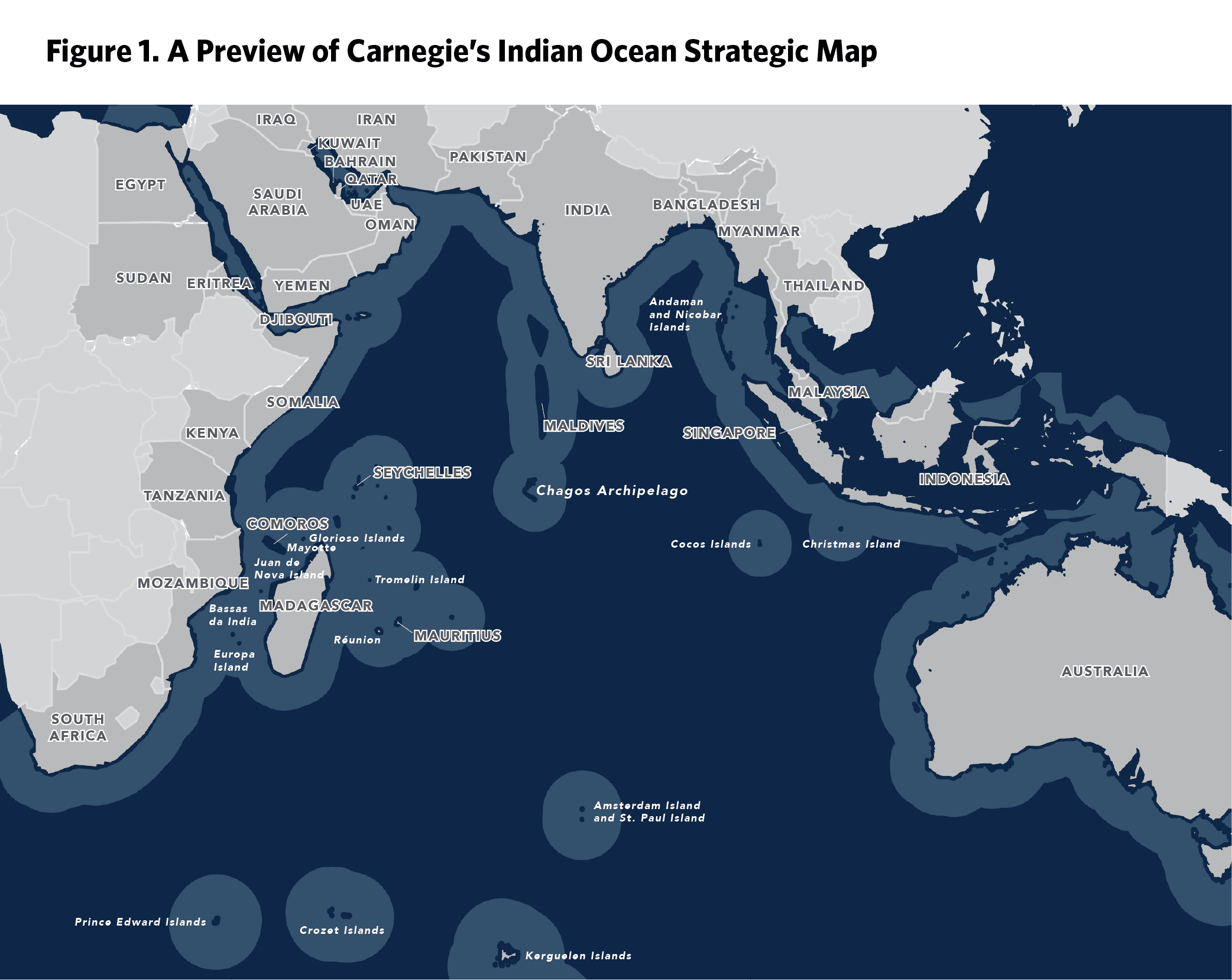This content explores the 10 key factors shaping the current political landscape. It examines how economic inequality, populism, identity politics, globalization, the rise of social media, climate change, technological disruption, immigration policies, political polarization, and the global health crisis have influenced politics worldwide. These factors have led to debates, policy shifts, and electoral changes, highlighting the significant impact they have on shaping political dynamics and decision-making.
10 Key Factors Shaping the Current Political Landscape
1. Economic Inequality
Economic inequality has become a defining issue in the current political landscape. The gap between the rich and the poor has been widening, leading to increased resentment and a growing demand for policies that address wealth distribution. This disparity has influenced voters’ choices and spurred debates on issues such as progressive taxation, minimum wage, and welfare programs.
2. Populism
Populism has gained traction in recent years, with leaders who appeal to the concerns and frustrations of the common people. These politicians often employ nationalist rhetoric, criticize traditional political elites, and promise to challenge the status quo. Populist movements have had a profound impact on elections worldwide, shaping policies and shifting political dynamics.
3. Identity Politics
Identity politics has played a significant role in shaping the political landscape. It encompasses various social and cultural identities, including race, gender, religion, and ethnicity. Political parties and candidates have adopted strategies that target specific identity groups, tailoring their policies and messages to address the concerns of these communities.
4. Globalization
The forces of globalization have brought about profound changes to the political landscape. The interconnectedness of the global economy and the free flow of information have magnified issues such as trade, immigration, and human rights. Political movements have formed in response to these challenges, with some advocating for greater international cooperation while others promote protectionist policies.
5. Rise of Social Media
The influence of social media cannot be overstated in the current political climate. Platforms like Facebook, Twitter, and YouTube have become powerful tools for political parties, activists, and voters to communicate, mobilize support, and shape public opinion. The rapid dissemination of information through social media has transformed political campaigns and the way political messages are delivered and received.
6. Climate Change
Climate change has become an urgent concern that is reshaping politics worldwide. Increasing awareness of environmental issues, along with scientific evidence pointing to the impacts of human activity, has led to the implementation of climate policies and the rise of political movements focused on addressing this global crisis.
7. Technological Disruption
The rapid advancement of technology, particularly in areas like automation and artificial intelligence, has disrupted traditional industries and job markets. This disruption has fueled debates around job security, income inequality, and the need for retraining and upskilling programs. Political parties are being forced to address these disruptions and develop policies that cater to the changing workforce.
8. Immigration Policies
Immigration policies have become a divisive issue in many countries, shaping the political landscape. Disagreements center around issues such as border control, migrant rights, national security, and the integration of refugees and immigrants. Different approaches to immigration have contributed to significant electoral shifts and the rise of far-right parties, particularly in Europe.
9. Political Polarization
Political polarization is a key factor that is shaping the political landscape. Ideological divisions and increasing partisanship have resulted in gridlock and hindered effective governance in many countries. The rise of polarizing figures, media echo chambers, and the decline of moderate platforms have made compromise and consensus more challenging to achieve.
10. Global Health Crisis
The ongoing global health crisis, such as the COVID-19 pandemic, has had a profound impact on political landscapes worldwide. The response to the crisis has exposed strengths and weaknesses in governance, highlighting the importance of healthcare systems, crisis management, and international collaboration. The handling of the crisis has often influenced public opinion and shaped political outcomes.
